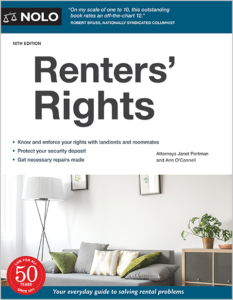How to Take Legal Action When Renting Lincoln student accommodation
When Renting Lincoln student accommodation
Students often choose to rent studen accommodation in Lincoln as it offers them a safe place to live away from home while they are at university. These properties usually have large beds, en suite bathrooms and plenty of storage space. Some have communal areas for relaxing and studying with friends. They are also close to shops, cafes and restaurants and universities.
If you find Lincoln student accommodation that your landlord is being unscrupulous it is important to know your legal rights. Ideally, you should try to communicate with your landlord in some form of documented writing. Email is a good choice as you can keep all communications in one place. If possible, you should also try to use an email address that is not associated with your school or work. This will allow you to have a separate email for personal and professional correspondence.
You can take legal action if your landlord violates the terms of your lease agreement. Landlords that discriminate based on race, gender, sexual orientation, ethnicity, national origin, religion, age, parenthood, marriage, pregnancy, disability, human immunodeficiency virus (HIV)/acquired immune deficiency syndrome (AIDS), or source of income may be subject to civil and criminal penalties.

How to Take Legal Action When Renting Lincoln student accommodation
You can also hold your co-tenants responsible if they violate the terms of your lease. If they cause damages to the property, you can notify their co-signer of the problem. In fact, some college student landlords require co-signers for their Lease Agreements. This is to protect them from financial liability and so that someone can be held accountable for breaking the rules. If you can prove that your co-tenant broke the rules, they can be assessed fines for the violations.
When faced with legal issues concerning renting Lincoln student accommodation, it is essential to approach the situation calmly and follow the appropriate steps to protect your rights as a tenant. Here are some guidelines on how to take legal action if needed: Understand your tenancy agreement: Familiarize yourself with the terms and conditions outlined in your rental agreement. This document serves as the foundation for resolving any disputes or issues that may arise.
Many accommodations also provide smart features such as keyless entry systems, digital room locks, and mobile apps that allow residents to access important information, communicate with management, and book communal spaces easily. These technological advancements contribute to the overall convenience and efficiency of student accommodation, streamlining administrative processes and enhancing the overall living experience.
Communicate with your landlord or letting agency: If you encounter problems with your accommodation, promptly inform your landlord or letting agency in writing. Clearly describe the issue and provide a reasonable timeframe for them to address it. Seek legal advice: Consult a lawyer or legal professional who specializes in housing or tenancy law. They can guide you on the best course of action and explain your rights under the law.
Document everything: Keep a detailed record of all correspondence, including emails, letters, and photographs highlighting the issue. This documentation will serve as crucial evidence if legal action becomes necessary. Contact local authorities: If your landlord fails to address the problem or breaches their obligations, contact the relevant local housing authority or tenant’s union. They can provide guidance and, if necessary, initiate an investigation.